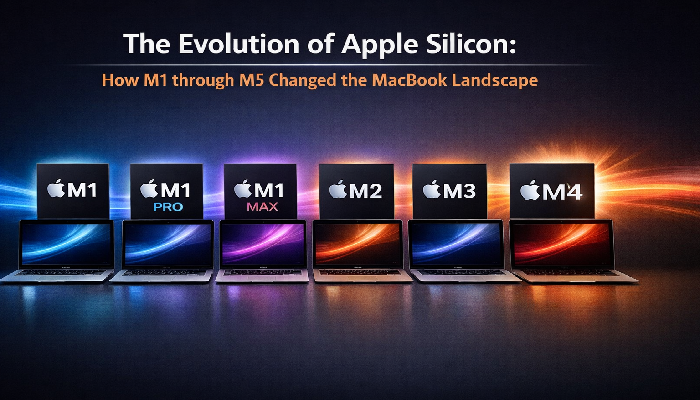TotallyScience GitLab This article will delve into the significance and meaning of the concept of GitLab and explore its functions as well as its benefits and importance in the development of scientific research. From its inception and impact on the scientific community this article will offer an in-depth knowledge about TotallyScience GitLab.
Understanding TotallyScience GitLab
TotallyScience GitLab is an online collaboration platform specifically designed to support scientific research projects. It brings together the advantages of project and version control management. It provides scientists and researchers with a wide range of tools that can help them streamline their tasks. The core of GitLab is an online repository management platform based upon Git, which is the Git software for version control. But, TotallyScience GitLab takes this idea further, by tailoring it to meet the specific requirements of scientists.
Features and Functionality
TotallyScience GitLab offers a wide variety of tools that improve the efficiency and collaboration of scientific research.
Version Control GitLab’s Version Control system lets researchers track the any changes to project files through the course of time. This provides a thorough audit trail, and allows for an easy collaboration between team members while working from a distance.
Issue Tracking: This platform allows researchers to define and control issues or tasks associated with their work. This tool facilitates communications, assignment of tasks as well as tracking progress within research teams.
Code review: GitLab provides a platform to conduct code reviews which allows researchers to verify the reliability and quality of their software for scientific research. With feedback and suggestions that team members can together improve the quality of their code base.
Continuous Integration/Continuous Deployment (CI/CD): TotallyScience GitLab integrates CI/CD pipelines, enabling researchers to automate the testing, building, and deployment of their scientific applications. Automation significantly cuts down the amount of time and energy needed to verify and distribute research results.
Collaboration and Documentation GitLab provides a community-based environment in which researchers can work on collaborative projects and collaborate on codes, data and documents. It supports instant commenting, discussions and the creation of wikis, which encourage the sharing of knowledge and recording research results.
Benefits and Advantages
Collaboration Enhanced: TotallyScience GitLab allows researchers to work seamlessly regardless of the location of their work. GitLab is a central repository, where the entire project’s information is kept, which makes it accessible to everyone on the team.
Tracking and Version Control: GitLab’s system for controlling version makes sure that researchers are kept an accurate record of their project changes. This makes it easier to keep track of revisions, modifications, as well as the capability to roll back versions to prior versions if required.
Better project Management by tracking issues and features for managing tasks, GitLab lets researchers to manage and prioritize their tasks effectively. Teams can assign work, establish dates, and keep track of performance, making sure that the project is effectively managing.
Quality Assurance: The code review feature of this software ensures the integrity and integrity of software developed by scientists. Through the use of expertise from the team members Researchers can detect and fix problems early in the development process.
Automated Testing and Deployment The CI/CD pipelines within TotallyScience GitLab automate the testing of building and deployment procedures, thus reducing the chance of human error as well as ensuring the integrity of the research outputs. It also makes it simpler to distribute research findings and applications to the general public.
Conclusion
The TotallyScience GitLab is an indispensable resource for researchers and is revolutionizing how researchers collaborate and manage their work. It combines the advantages of project management and collaboration tools that provide scientists with an extensive platform that allows them for streamlined work processes and improve efficiency.







